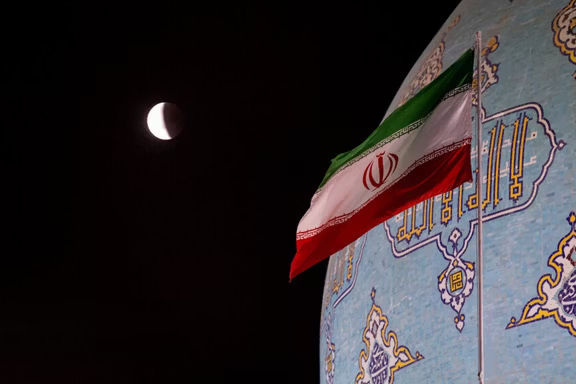Sharp policy swerve needed to avoid ruin, Tehran moderates warn

Voices are growing in Tehran that warn the ruling system has only a narrow window left to launch reforms essential for its survival.

Voices are growing in Tehran that warn the ruling system has only a narrow window left to launch reforms essential for its survival.
In recent interviews with the centrist Entekhab website, media expert Hadi Khaniki, historian Hashem Aghajari, and former minister Abbas Akhoundi all cautioned that time for meaningful change is rapidly running out.
“The war reset societal connections, reducing individualism,” said Hadi Khaniki, an academic and former adviser to President Mohammad Khatami. “This is a moment for reorganization, but the opportunity for change is limited.”
Khaniki pointed to the temporary surge of unity during the June–July war with Israel, urging authorities to build on that momentum by fostering public satisfaction rather than relying solely on control.
“Before the war,” he noted, “issues like gasoline shortages, water scarcity, sanctions, and inequality had eroded social capital and trust in institutions. The war, however, triggered a ‘people’s war’ dynamic, fostering temporary solidarity and patriotism.”
To avoid a return to pre-war discontent, he warned, the government must reduce threats, revise failed policies, and prioritize public well-being.
Iranian Reformation
Historian Hashem Aghajari echoed similar concerns.
Best known for his 2002 blasphemy trial, he called for a “Protestant-like” overhaul of Iranian Shiism to meet contemporary needs.
“Islam in Iran needs its own Reformation, not to abandon faith, but to liberate it from clerical monopolies. Just as Luther challenged Rome, we must question the absolutism of Velayat-e Faqih (Guardianship of the Jurisconsult),” he said.
Turning to the economic despair gripping the country, Aghajari added: “Sanctions and mismanagement have turned hope into hunger. The youth see no future unless we democratize the economy and end the kleptocracy.”
He warned the window for transformation is rapidly closing: “This opportunity is fleeting, measured in months, not years. Seize it with inclusive policies, or watch the society splinter into irreconcilable tribes.”
‘Weak mandates’
Although Aghajari’s interview was later redacted, presumably under official pressure, its transcript remains accessible through a related Entekhab interview with former minister Abbas Akhoundi.
In his September 6 interview, Akhoundi argued that Iran’s leaders operate with weak mandates and short-term horizons.
“A president elected by roughly 30% of eligible voters, and lawmakers who won less than 5%, can only pursue short-term goals,” he said.
This mode of governance, he added, had failed for nearly five decades and is unlikely to bear fruit now.
“Tehran faces three options to break the deadlock: pursue a comprehensive agreement with the West, escalate tensions to force a resolution, or continue the current inertia, ‘a suspension within a suspension,’ which would further damage livelihoods and financial stability.”